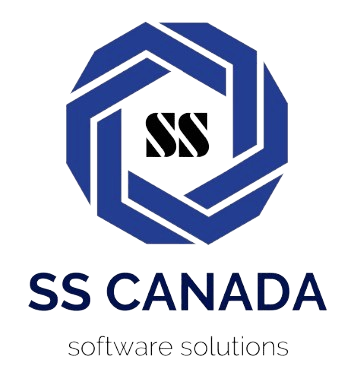Sale!
Software For Libraries
$881.61 – $1,652.10
Description
Books
Definition:
- Books are collections of written or printed works, often bound together and organized in a sequential manner. They can be physical objects or digital files.
Types:
- Fiction: Novels, short stories, and plays that tell imaginary stories.
- Non-fiction: Works that provide factual information or analysis, such as biographies, history, and self-help books.
- Reference: Encyclopedias, dictionaries, and manuals used for consultation on specific topics.
- Textbooks: Educational books used in schools and universities to teach specific subjects.
- E-books: Digital versions of books that can be read on electronic devices like e-readers, tablets, and computers.
Uses:
- Education: Textbooks and reference books are crucial for learning and academic research.
- Entertainment: Fiction books provide enjoyment and escapism.
- Information: Non-fiction books and reference materials offer valuable knowledge on various topics.
- Personal Development: Self-help and motivational books aid in personal growth.
Libraries
Definition:
- Libraries are organized collections of books, periodicals, and other media, often available for public or institutional use.
Types:
- Public Libraries: Open to the general public, offering a wide range of materials and services.
- Academic Libraries: Found in educational institutions, supporting students and faculty with specialized resources.
- Special Libraries: Focused collections serving specific industries or organizations, such as medical libraries or corporate libraries.
- Digital Libraries: Online collections of digital content, accessible via the internet.
Functions:
- Information Access: Provide access to a vast array of information sources, including books, journals, and databases.
- Community Services: Host events, workshops, and programs for education and community engagement.
- Research Support: Offer resources and assistance for academic and professional research.
- Preservation: Maintain and preserve historical documents and rare materials.
Services:
- Lending: Allowing users to borrow books and other materials.
- Reference Services: Assisting with research and information queries.
- Digital Access: Providing access to e-books, online databases, and other digital resources.
- Study Spaces: Offering quiet areas and study rooms for reading and research.
Software
Definition:
- Software refers to a set of instructions, data, or programs used to operate computers and execute specific tasks. It is the non-tangible component of computers.
Types:
- System Software: Includes operating systems (e.g., Windows, macOS, Linux) and utility programs that manage computer hardware and provide a platform for running application software.
- Application Software: Programs designed to perform specific tasks for users, such as word processors, spreadsheets, and web browsers.
- Development Software: Tools used for creating software, including compilers, interpreters, and integrated development environments (IDEs).
- Middleware: Software that connects different applications and allows them to interact, often used in enterprise environments.
Functions:
- Automation: Performing repetitive tasks automatically, increasing efficiency.
- Data Management: Organizing, storing, and retrieving data efficiently.
- Communication: Enabling communication through email, chat, and video conferencing.
- Productivity: Assisting in tasks such as document creation, data analysis, and project management.
Examples:
- Operating Systems: Windows, macOS, Linux.
- Office Suites: Microsoft Office, Google Workspace.
- Web Browsers: Google Chrome, Mozilla Firefox.
- Graphic Design: Adobe Photoshop, CorelDRAW.
- Programming Languages: Python, Java, C++.
Impact:
- Business: Enhances operations, improves efficiency, and enables data-driven decision-making.
- Education: Facilitates e-learning and access to educational resources.
- Healthcare: Supports patient management, diagnostics, and telemedicine.
- Entertainment: Powers video games, streaming services, and multimedia applications.
These detailed descriptions cover the key aspects and functions of books, libraries, and software, providing a comprehensive overview of each.
Additional information
| License Type | Single User, Multiple Users, Free Trial |
|---|








Reviews
There are no reviews yet.